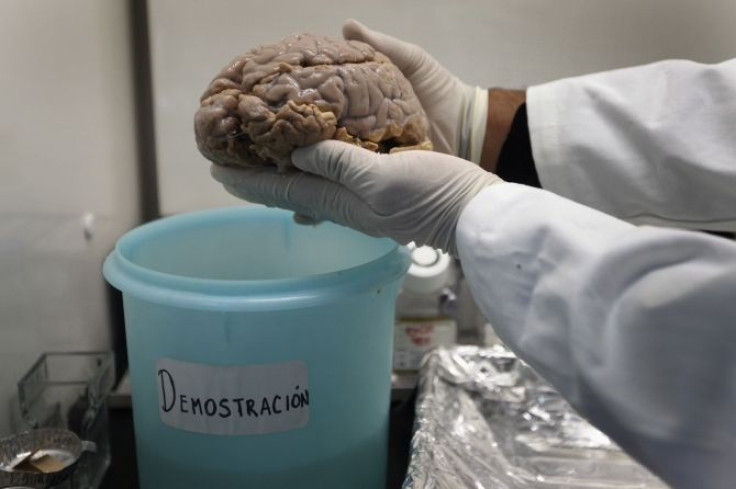Broken Freezer Destroys Priceless Brain Samples

A third of the world's largest collection of autism brain samples have been damaged due to a freezer malfunction.
Some 150 stored brains have been damaged due to the accident at Harvard-affiliated Hospital. Of these, 53 brain samples related to autism research were thawed. Scientists say that this accident will delay research in the field of autism and related disorders.
"This was a priceless collection. You can't express its value in dollar amounts," said Dr. Francine Benes, director of the Harvard Brain Tissue Resource Center, where the brains were housed, according to Boston.com. Benes is leading one of two internal investigations into the freezer failure.
"The donors, they should be upset, they should realize that this shouldn't happen, but this shouldn't dissuade people from continuing to donate, because it is the most important resource that autism science has right now," said Stephen W. Scherer, director of the McLaughlin Centre for Molecular Medicine at the University of Toronto. Scherer has done genetic analyses of brains in the bank.
The brain bank research supported some 125 projects and more than a hundred publications in journals, according to The Guardian.
"Brain tissue donations are precious. We are extremely grateful to the families who made these donations and have been contacting each family affected," said Geri Dawson, chief science officer from Autism Speaks in an open letter, "We want to ensure that this unfortunate and rare incident does not negatively affect donations in the future."
The Harvard Brain Tissue Resource Center has been storing brains for research from the past 35 years. The malfunction was discovered on May 31 when a technician opened the freezer to retrieve a brain sample, reported Reuters.
"The glass half full side of this disaster at McLean is that it will act as a wake-up call to other brain banks to recheck their security systems," said Suzanne Corkin, a professor of behavioral neuroscience at the Massachusetts Institute of Technology, to Reuters. Corkin specializes in investigating the history and pathophysiology of degenerative disorders.



























